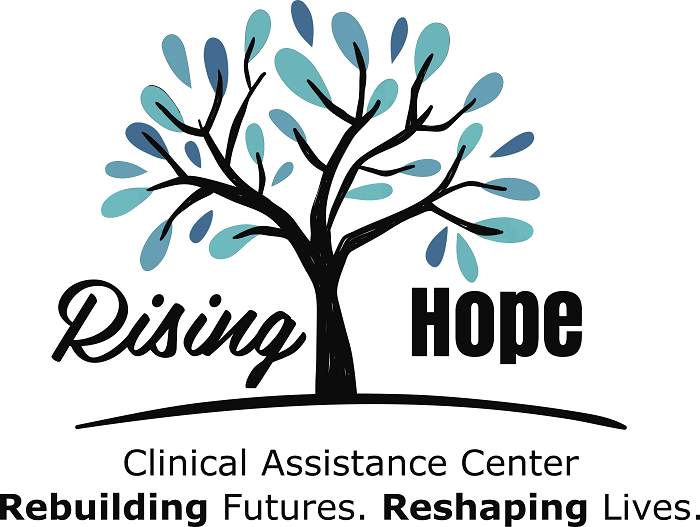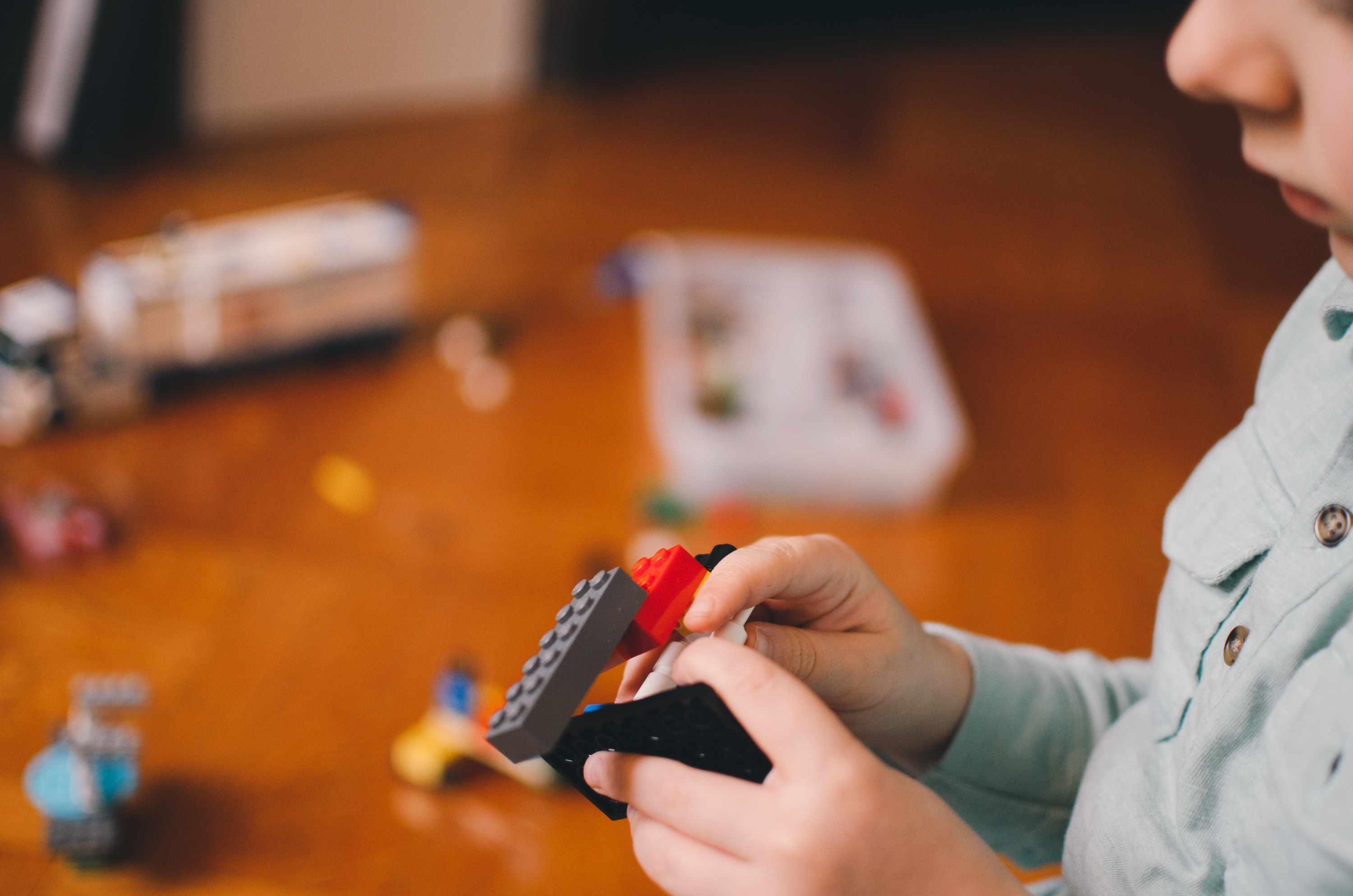Child Therapy Winston-Salem NC
Rising Hope Clinical Assistance offers Child Therapy in Winston-Salem NC. Rising Hope's Child Therapy, also known as Play Therapy, focuses on the psychological needs of children. There are times when children need the assistance of a psychotherapist, and children's therapy can fulfill this need. Enabling children to engage in enjoyable activities expands self-expression, stimulates creative thinking and exploration, and connects children to others in a positive way.
Play is often a child's language, which is why it is beneficial to interact in this way. It allows the child to practice skills, learn, and develop essential roles. Play therapy is conducted in a caring and confidential environment, with as few limits as safely possible.
Through play therapy, children are able to express their experiences or feelings more constructively, manage behavior, cope with stress and trauma, and experience a sense of well-being. Play therapists may work with children one-on-one or in small groups.
This form of therapeutic play can include:
Art Therapy involves the use of creative techniques such as drawing, painting, collage, or coloring to help children express themselves artistically and examine the psychological and emotional undertones in their art.
Dance focuses on the connection between the mind and body to promote health and healing. Physically, dance and movement therapy can include light exercises that improve mobility and muscle coordination, as well as reduce muscle tension.
Storytelling uses creative metaphors to tell individualized stories that help to address challenging experiences in a child's life, offering possible resolutions and the opportunity for insight and reflection.
Drama or Role Play allows the child to alter their mindset, act out in new ways, and connect their own experiences to those of another person, whether that person is real or imagined.
Creative Visualization is a process that involves calling up images, sounds, and feelings that calm the mind and body and focus the attention on a specific task.
Music can help a child manage pain and stressful situations by stimulating cognitive functioning and possible remediation of speech or language skills.
Who Play Therapy is Best Suited For
Play therapy is best suited for children between the ages of two and eleven. It is especially helpful for younger children and those who have a hard time talking about their thoughts and feelings.
How long are Child Therapy sessions?
Many forms of therapy typically depend on the individual. Sessions can be every week and can last between 30-45 minutes. At the start of a session, the parents meet with the play therapist to share information. They also meet at the end of the session to learn about what was accomplished.
Reach Out Today
Do you think your child could benefit from therapy? Contact us today to get started!




